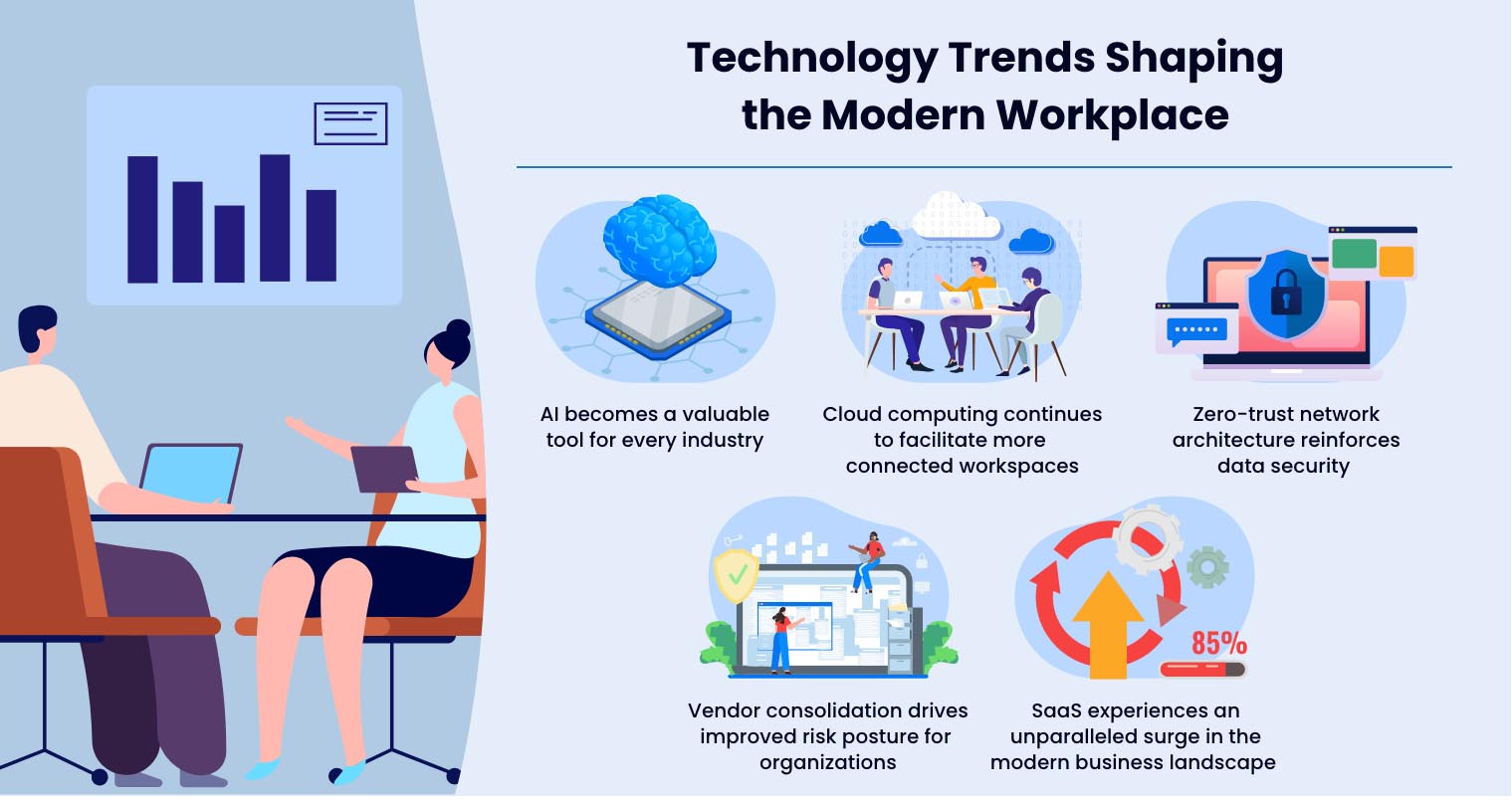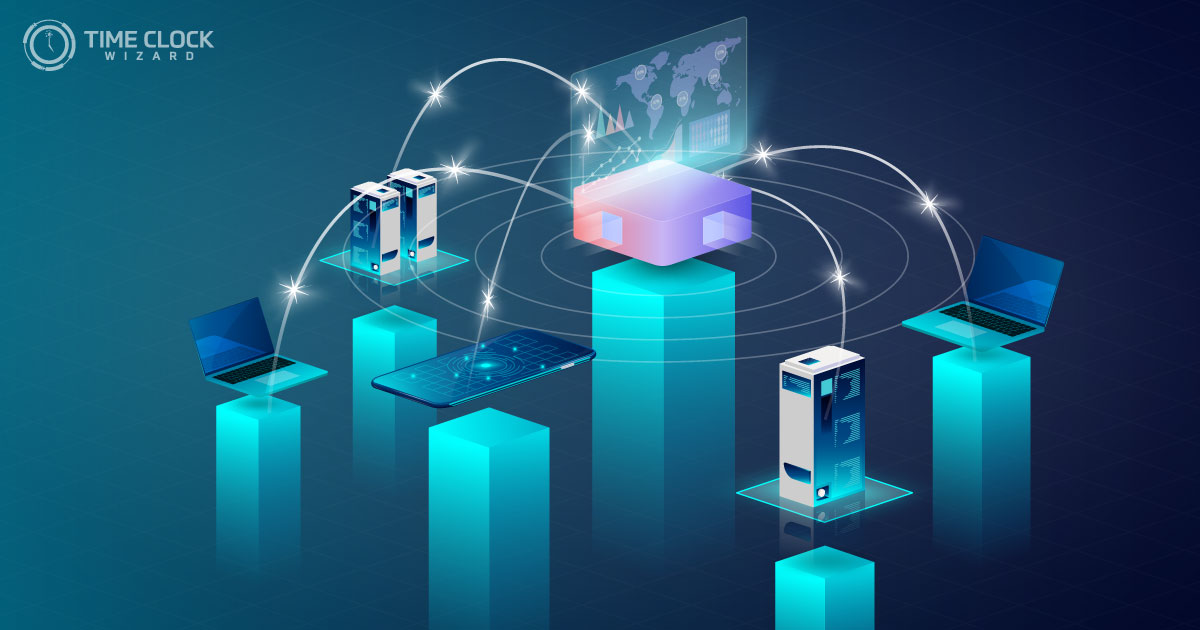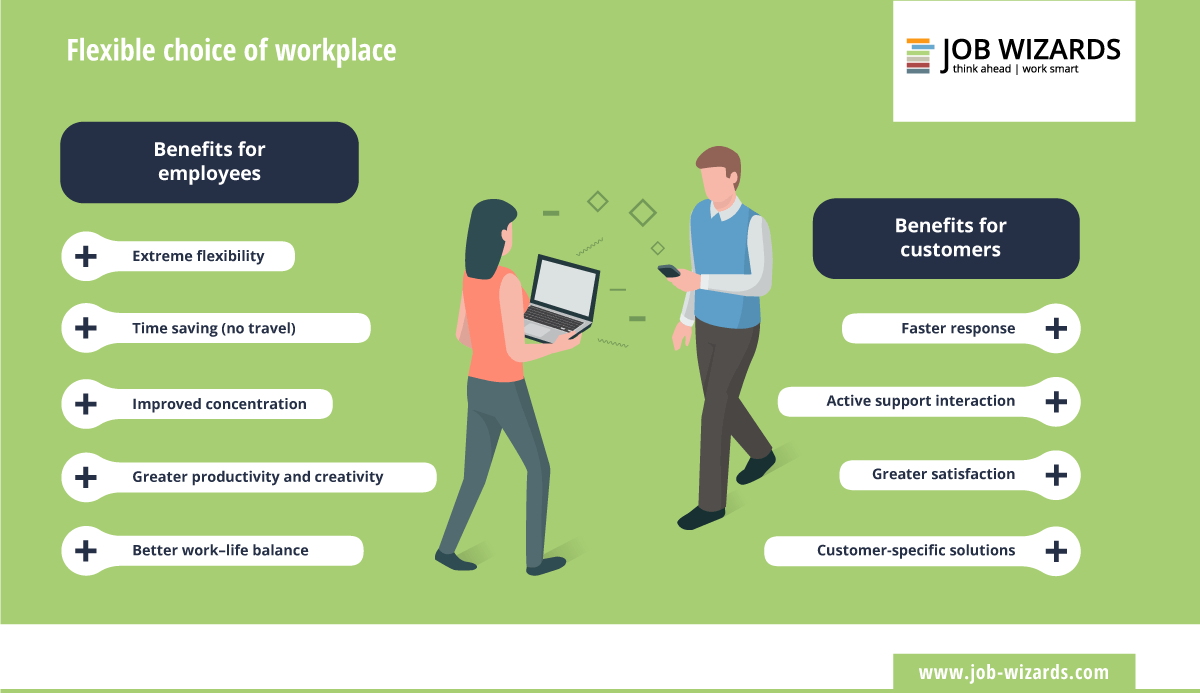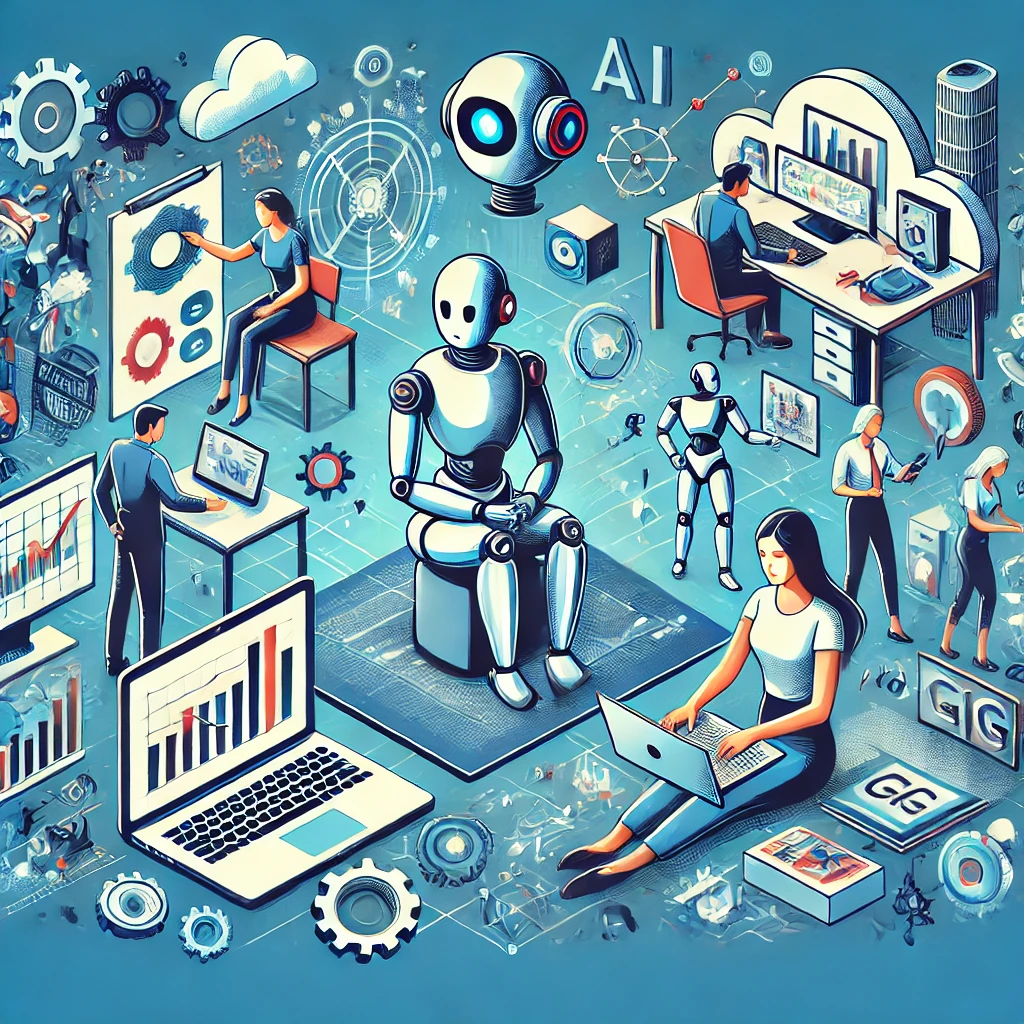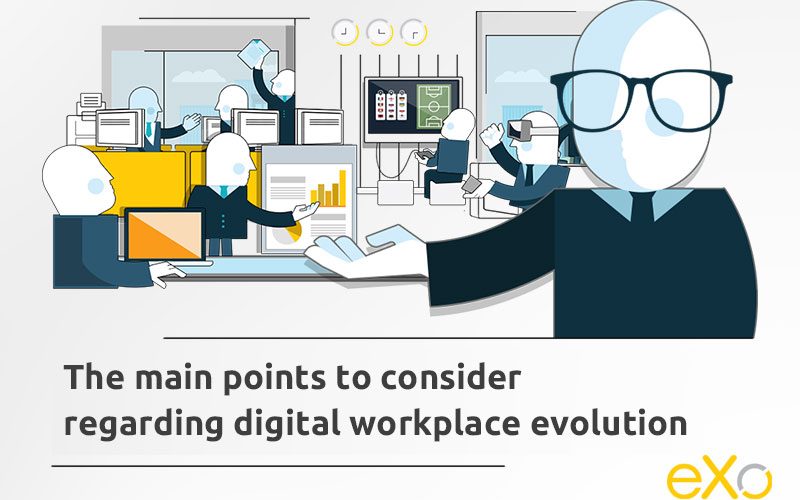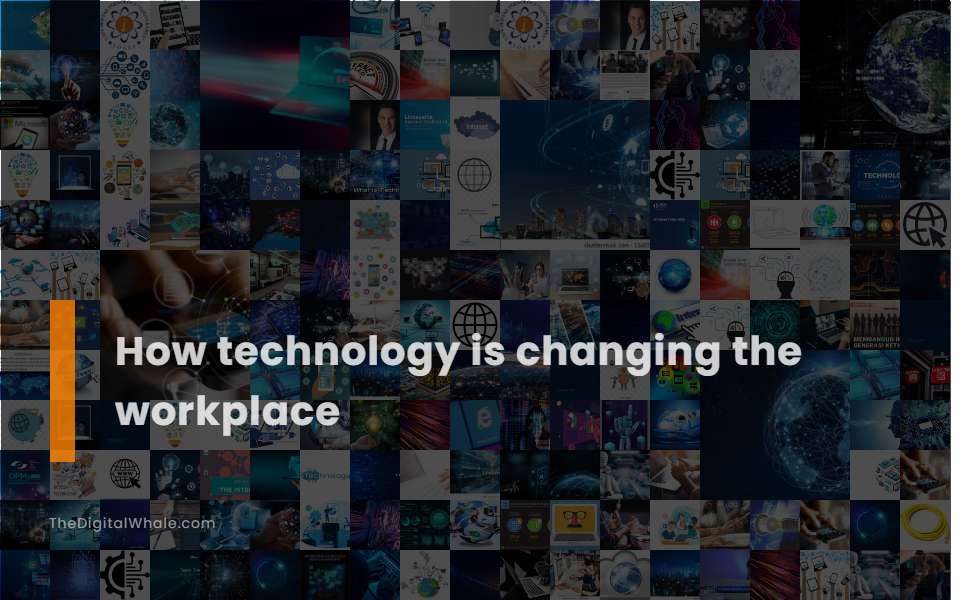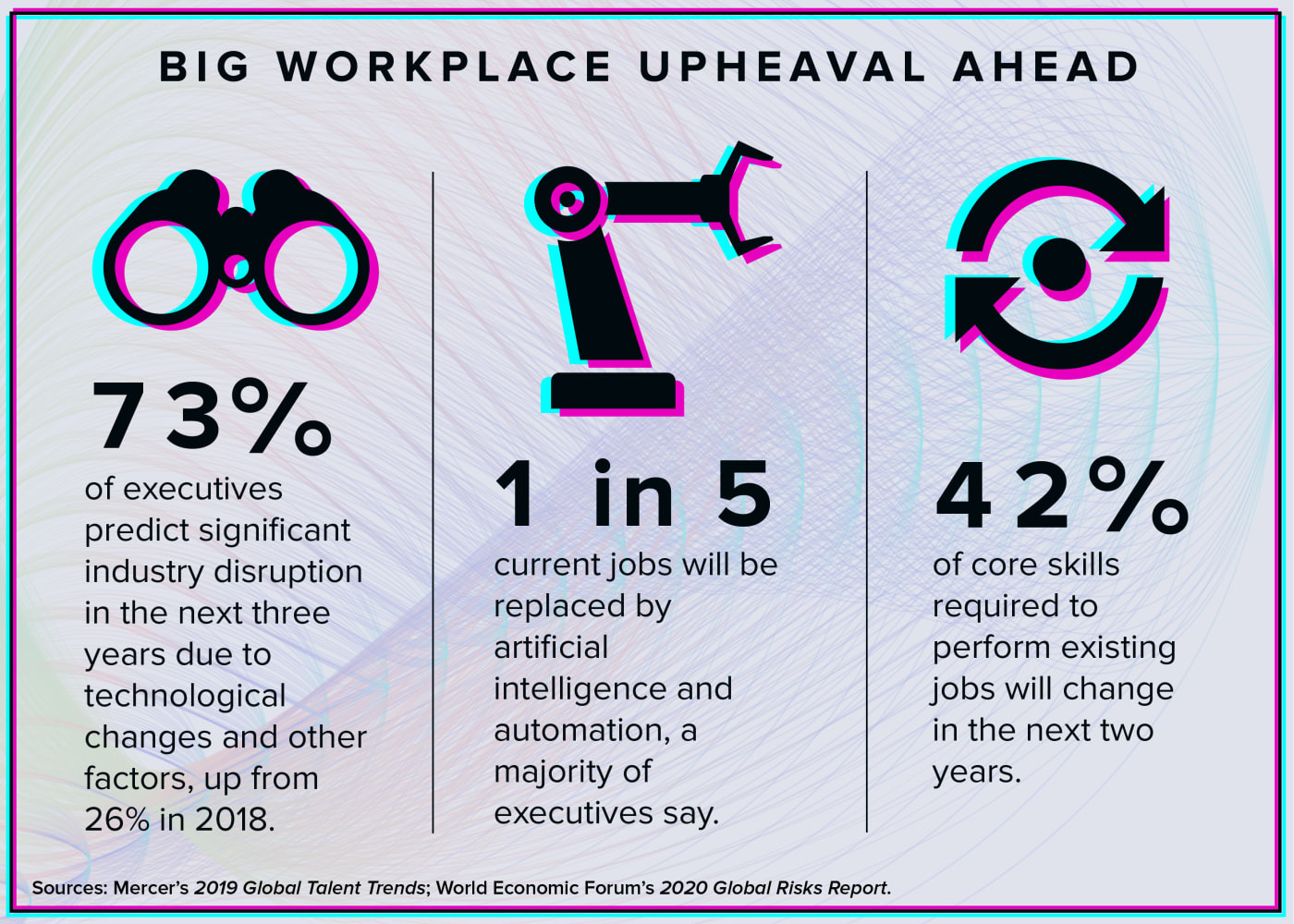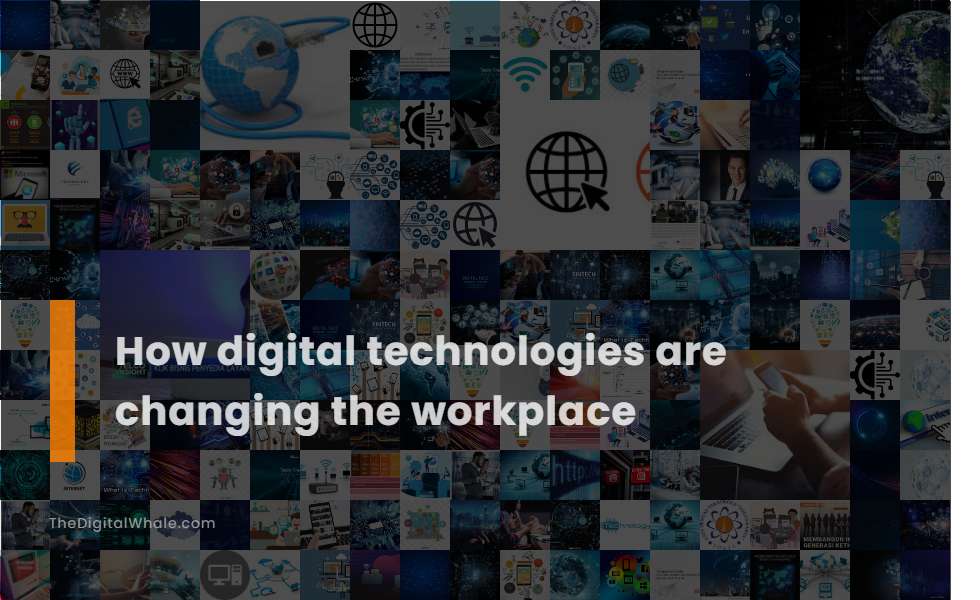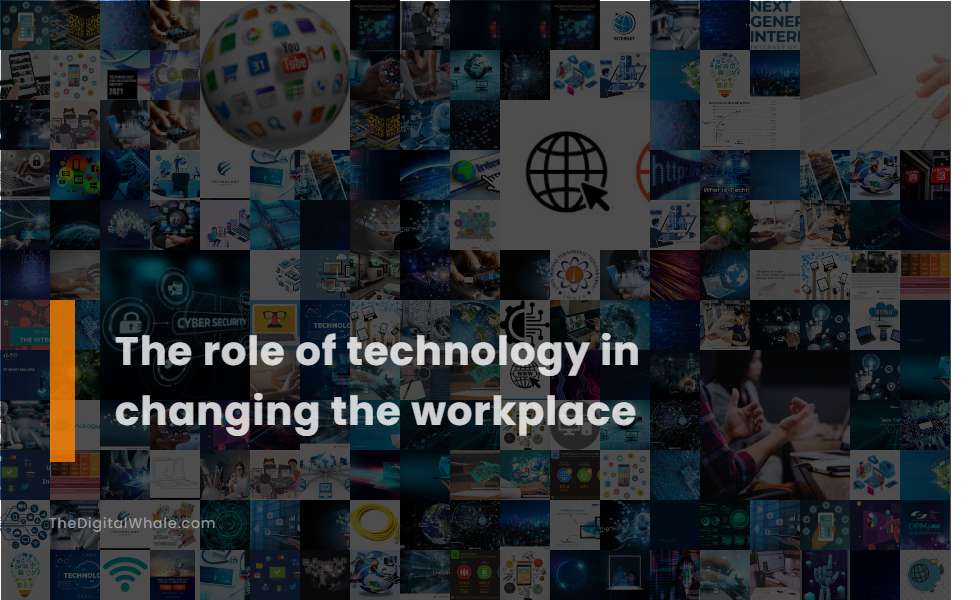Workplace Technology Is Changing The Profile Of The Workplace By
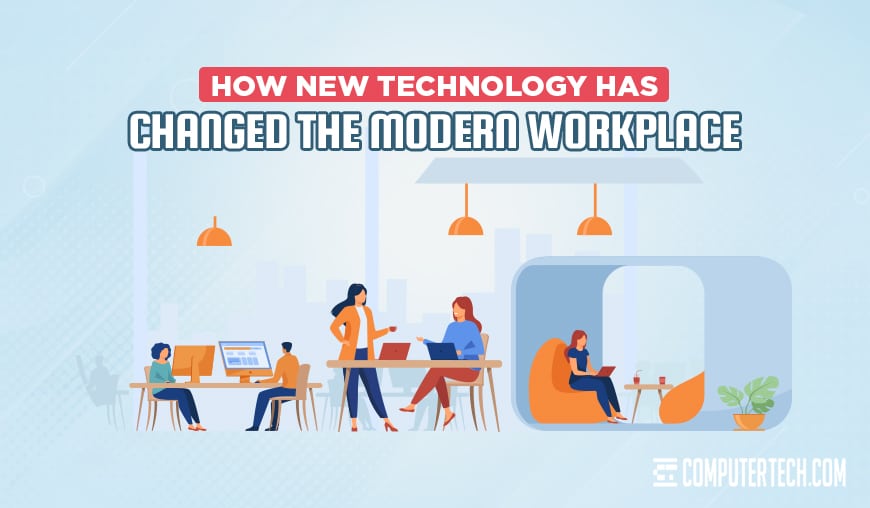
The modern workplace is undergoing a seismic shift. Technology is not just an add-on; it's fundamentally reshaping job roles, required skills, and the very structure of how work gets done.
This technological revolution demands immediate attention from employers and employees alike, as the skills gap widens and traditional job descriptions become obsolete.
The Rise of Automation and AI
Automation, powered by artificial intelligence (AI), is rapidly taking over routine tasks. This impacts industries from manufacturing to customer service, with projections indicating significant job displacement in certain sectors.
According to a 2023 report by the World Economic Forum, approximately 83 million jobs could be displaced by automation by 2027, while 69 million new jobs will be created.
This net loss of 14 million jobs highlights the urgent need for reskilling and upskilling initiatives.
Impact on Job Roles
The profile of the "ideal" employee is changing. Employers are increasingly seeking individuals with skills in data analysis, digital literacy, and critical thinking.
Roles that involve repetitive tasks are declining, while those requiring creativity, problem-solving, and emotional intelligence are in high demand. This trend favors candidates with adaptability and a willingness to learn new technologies.
Data scientists, AI specialists, and cybersecurity analysts are among the fastest-growing professions.
The Remote Work Revolution
The COVID-19 pandemic accelerated the adoption of remote work, a trend that is now deeply embedded in the workplace landscape. Technologies like video conferencing, cloud computing, and collaborative software are essential for supporting distributed teams.
A Gallup poll from 2023 shows that 60% of employees with jobs that can be done remotely are working from home either all or part of the time.
This shift requires companies to invest in robust cybersecurity measures and to foster a culture of trust and communication.
Challenges of Remote Work
Remote work presents its own set of challenges, including maintaining employee engagement, preventing burnout, and ensuring equitable access to resources.
Companies must develop strategies to address these issues, such as offering flexible work schedules, providing mental health support, and investing in technologies that promote collaboration and communication.
Creating a sense of community among remote teams is crucial for fostering a positive and productive work environment.
The Importance of Upskilling and Reskilling
The rapid pace of technological change requires continuous learning. Employees must be willing to adapt and acquire new skills throughout their careers.
Many companies are investing in upskilling and reskilling programs to equip their workforce with the skills needed to thrive in the digital age. These programs often focus on areas such as data analytics, cloud computing, and cybersecurity.
The U.S. Department of Labor offers grants and resources to support workforce development initiatives, recognizing the critical importance of preparing workers for the jobs of the future.
Addressing the Skills Gap
The skills gap is a significant challenge facing employers. Many companies struggle to find candidates with the right skills to fill open positions.
Bridging the skills gap requires a collaborative effort between businesses, educational institutions, and government agencies. Partnerships between companies and universities can help to align curricula with industry needs.
Investing in vocational training programs can also provide individuals with the practical skills needed to enter high-demand fields.
The Future of Work
The workplace will continue to evolve as technology advances. We can expect to see even greater integration of AI, automation, and virtual reality in the years to come.
The ability to adapt to change, learn new skills, and collaborate effectively will be essential for success in the future of work. Individuals who embrace technology and are willing to invest in their own development will be best positioned to thrive in this rapidly changing landscape.
Companies must also adapt their strategies to attract and retain talent in a competitive job market. Offering flexible work arrangements, investing in employee development, and fostering a culture of innovation will be key to success.
Ongoing monitoring of technological advancements and proactive adaptation strategies are essential for navigating the evolving profile of the workplace.
-1.jpg)
